Weak Beer and Antitrust Economics
Yesterday’s Wall Street Journal brought the story, “Bud Crowded Out by Craft Beer Craze.” While Bud Light is currently the highest selling beer in the United States, the flagship brand Budweiser is fading. The international beverage giant is scrambling to win over younger drinkers to boost Budweiser sales, so the familiar Clydesdale horses are out

